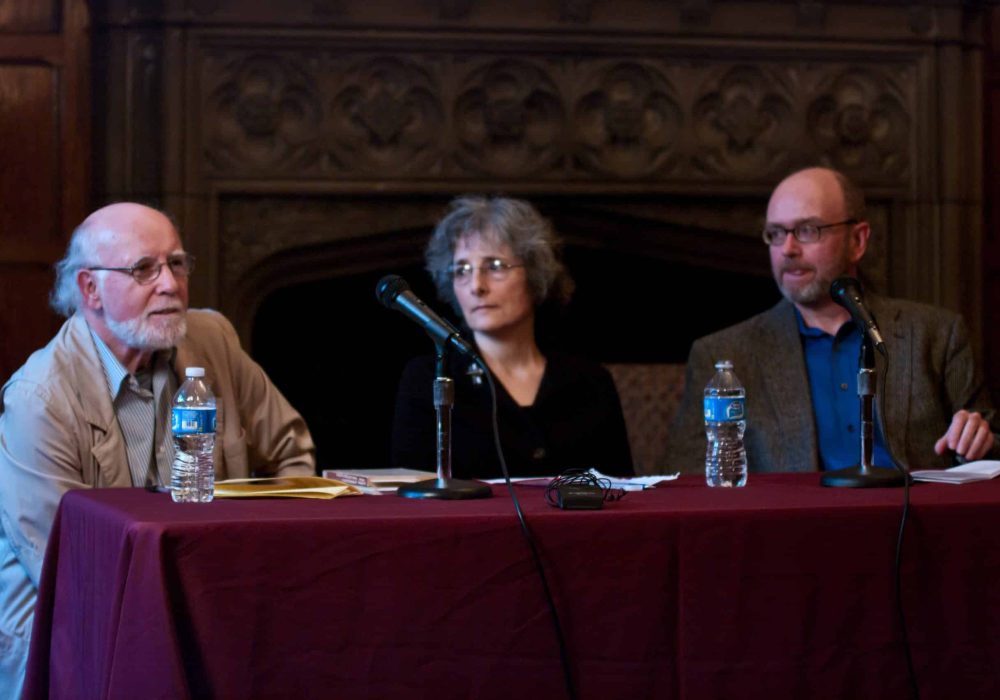The work of Pierre Hadot and, in his later years, Michel Foucault on the ancient pagan and Christian practices of askesis, or “spiritual exercise,” has proven to be of interest not only to scholars of the late classical and early Christian era, but to a much broader range of humanists working across a variety of disciplines. One reason for this interest is the possibility that religious and non-religious contemporary academics might be able to incorporate the techniques and aims of spiritual exercise into their own scholarly work, thus imbuing their academic teaching and writing with an ethical, if not religious, significance that is sometimes felt to be lacking in the day-to-day life of the academic. On this panel, we will consider whether and how the contemporary academy might be enriched by spiritual exercise and practices of contemplation or meditation.

